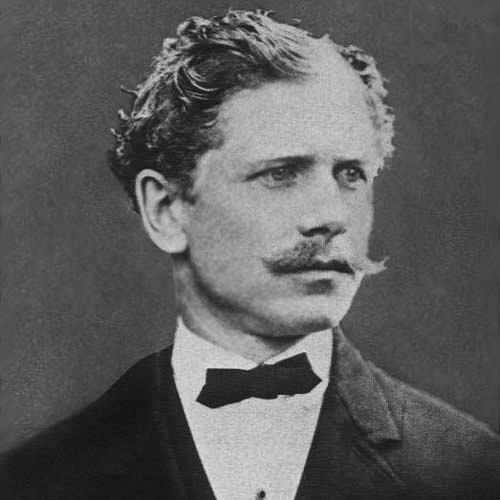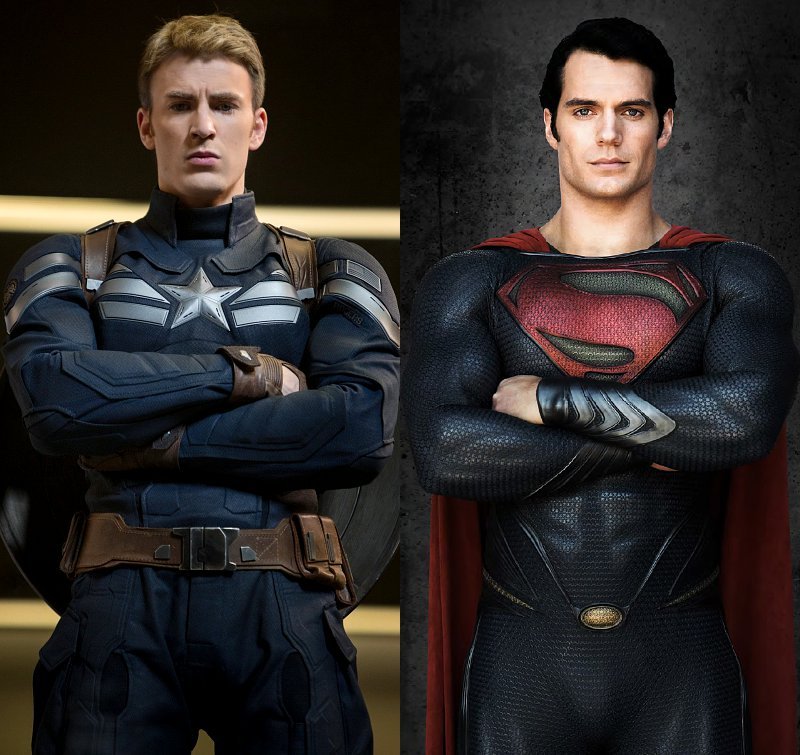Ambrose Bierce and Washington Irving were both short story writers. They lived in different periods of time, and their writing styles were different. I will be comparing Bierce's classic story An Occurrence at Owl Creek Bridge with Irving's famous The Legend of Sleepy Hollow. In contrast to Irving's comic romantic thriller, Bierce's story touched reality more effectively, even though the dream in Bierce's story stretched the borders. One feature I find the same in these two stories is the point of view. They are both told in third person omniscient, although The Legend of Sleepy Hollow's point of view is slightly more complex than simply third person omniscient. That is all I have for now, what are your thoughts and ideas?
Ambrose Bierce Washington Irving
Jonathan's Jank Jazzbo Short Story Blog
Search This Blog
Thursday, March 16, 2017
Tuesday, March 14, 2017
JOB #2 - THINKING QUESTION
Why do you think the author gave Peyton superhuman abilities?
What I mean by this question is that during Peyton's escape, he freed himself from the cord with superhuman strength. I am wanting to ask why Bierce gave Peyton this superhuman strength. I think it could be a clue to us that this was in a dream. I don't really know, what about you?
Saturday, March 11, 2017
JOB #1 - LINE ILLUMINATOR
"The Yanks are repairing the railroads," said the man, "and are getting ready for another advance. They have reached the Owl Creek bridge, put it in order and built a stockade on the north bank. The commandant has issued an order, which is posted everywhere, declaring that any civilian caught interfering with the railroad, its bridges, tunnels or trains will be summarily hanged. I saw the order."
"How far is it to the Owl Creek bridge?" Farquhar asked.
"About thirty miles."
"Is there no force on this side the creek?"
"Only a picket post half a mile out, on the railroad, and a single sentinel at this end of the bridge."
"Suppose a man--a civilian and student of hanging--should elude the picket post and perhaps get the better of the sentinel," said Farquhar, smiling, "what could he accomplish?"
The soldier reflected. "I was there a month ago," he replied. "I observed that the flood of last winter had lodged a great quantity of driftwood against the wooden pier at this end of the bridge. It is now dry and would burn like tow."
The lady had now brought the water, which the soldier drank. He thanked her ceremoniously, bowed to her husband and rode away. An hour later, after nightfall, he repassed the plantation, going northward in the direction from which he had come. He was a Federal scout." (Chapter II)
I chose this passage because I thought it would be one viable for discussion. It bears questions that could be answered, such as why did the scout lure Farquhar into the trap to be hung? What is the "tow" that the scout talks about when describing Owl Creek Bridge? I also like this passage because it tells us a little about the historical war strategies of the North and the South. The significance of the passage is that it explains why Peyton Farquhar was hanged. Peyton was hanged by the union soldiers because the scout had lured him into a trap. Any other thoughts?
Monday, March 6, 2017
NOTICE!!
Only smart people obsessed with literature can read this:
It deosn't mttaer waht oredr the ltteers in a wrod are, the olny iprmoatnt tihng is taht the frist and lsat ltteer be in the rghit pclae. the rset can be a taotl mses and you can sitll raed it wouthit a porblem. Tihs is bcuseae the bairn deos not raed ervey lteter by istlef, but the wrod as a wlohe. Amzanig huh? Thtas the phaonmneal pweor of the hmuan mnid.
Only smart people obsessed with literature can read this:
It deosn't mttaer waht oredr the ltteers in a wrod are, the olny iprmoatnt tihng is taht the frist and lsat ltteer be in the rghit pclae. the rset can be a taotl mses and you can sitll raed it wouthit a porblem. Tihs is bcuseae the bairn deos not raed ervey lteter by istlef, but the wrod as a wlohe. Amzanig huh? Thtas the phaonmneal pweor of the hmuan mnid.
Subscribe to:
Posts (Atom)



